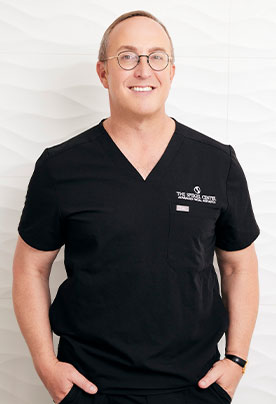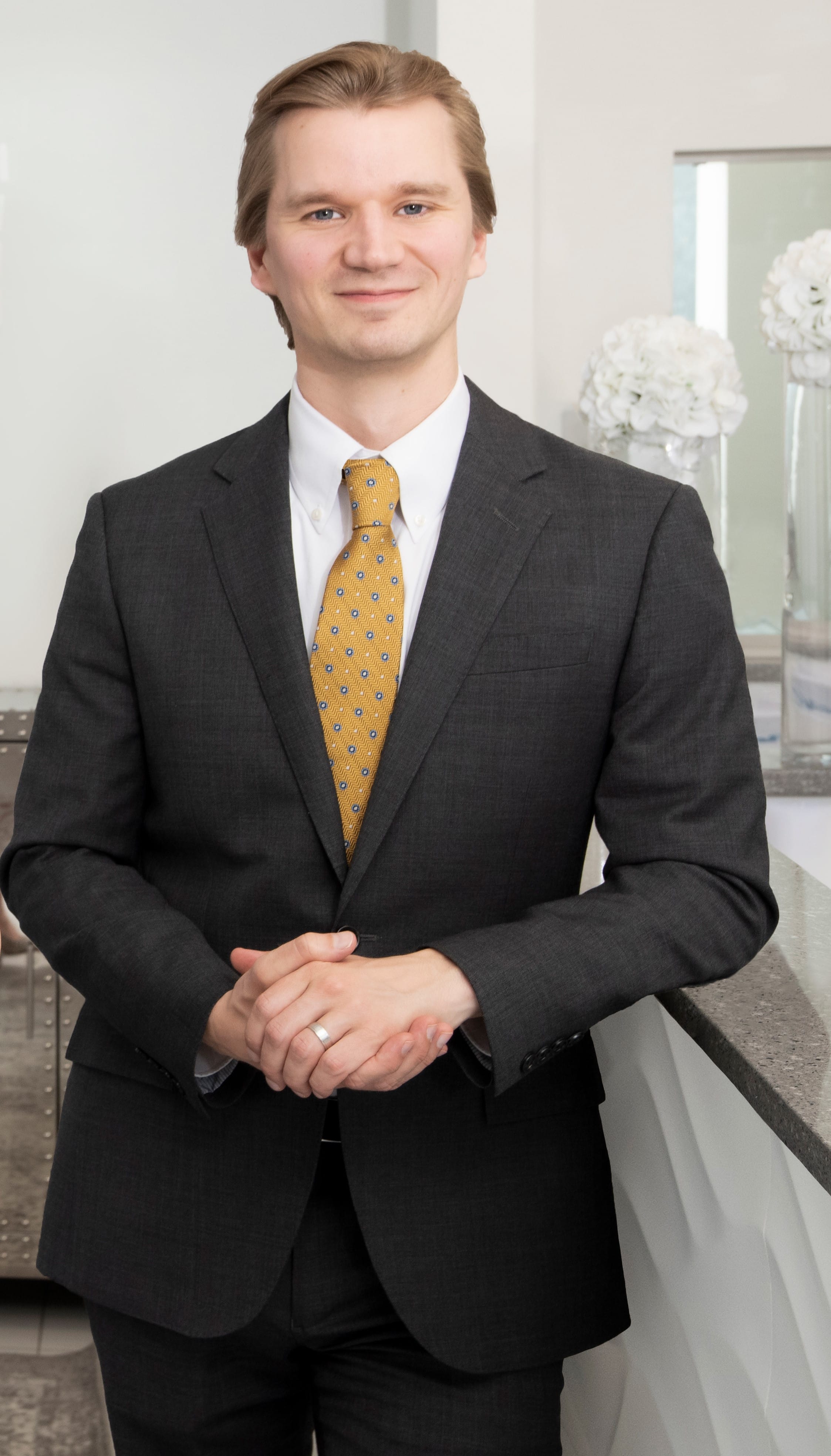
It’s quite different to look at photos of the youthful Michael Jackson and the adult one. There’s no denying the fact that the once larger than life entertainer might have gone a bit too far. Many question his motivations behind having so much done to alter his appearance. Plastic surgery addiction is a label that’s been used, but is this label a fair one? Is plastic surgery addiction real? It’s an honest and important question that requires attention.
Understanding Addiction
Addiction can be defined as a brain disease that involves compulsive engagement, despite adverse consequences, in rewarding stimuli. In regards to this simplistic, yet accurate definition, plastic surgery addiction is a real thing. Patients get hooked on the stimuli of appearing beautiful, compliments from others, and/or an altered view of their self. Make note that this isn’t something that happens overnight. Plastic surgery addiction, like all addictions, is something that usually takes months to years to develop. Its onset is rather slow.
Evolution of Plastic Surgery Addiction
Body dysmorphic disorder (BDD) is the main cause of plastic surgery addiction. It occurs when a person becomes preoccupied or even obsessed with an abnormality in their appearance. The key word here is abnormality. In the case of plastic surgery addicts, this “abnormality” is usually not a reality. It’s their interpretation of reality. This interpretation can often be due to the strong role that social factors play in BDD. Family, friends, television, film, and social media can all trigger and contribute to the development of BDD. This can begin at a young age. Two examples are being made fun of by peers and not feeling as attractive as the popular celebrities that society adores. If BDD goes untreated and plays out to the point where plastic surgery is undergone, the person will experience temporary relief; however, they’ll soon find something else “abnormal” about their appearance and the obsessions will return. This is how plastic surgery addiction will begin to evolve.
Avoiding Plastic Surgery Addiction
Even the most mentally ill individuals don’t want to become addicts. The most important thing you can do to avoid plastic surgery addiction is to talk to your board certified plastic surgeon about your motivations behind altering your appearance. Plastic surgeons aren’t only trained in surgery. They have a keen eye and can usually easily spot BDD. If a patient is deemed to have BDD, they’ll be referred to a psychiatrist for treatment. The problem is a mental one, not physical. Once treated, the individual usually won’t want plastic surgery. They’ll be happy and content with their physical appearance. The idea “abnormal” obsessions will be a thing of the past and quality of life will improve.
If you’re considering plastic surgery, it’s strongly recommended that you talk to your surgeon about your motivations behind altering your appearance. Body dysmorphic disorder and plastic surgery addiction are real. Surgery is an important decision and you want to make it for the right reasons. Your mental and physical health are always most important.





